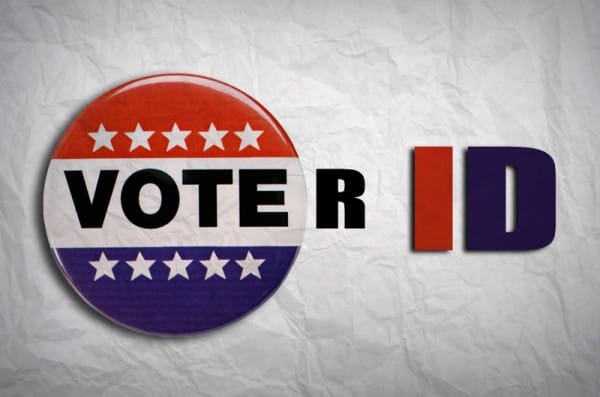Texas Defends Voter ID Law in Court


This week the state of Texas is arguing its case in support of the state's new voter ID law in the US District Court for the District of Columbia. The law, which was passed last year, requires voters to present photo identification in order to be able to cast a ballot in the state's elections. In March, however, the Justice Department blocked the implementation of the new law under section 5 of the Voting Rights Act.
Section 5 of the Voting Rights Act requires that states with a history of discriminatory voter suppression must obtain pre-clearance from the Justice Department in order to enact changes to their voting laws. Specifically, the state must demonstrate that the proposed change has “neither the purpose nor effect of denying or abridging the right to vote on account of race or color or membership in a language minority group.”
In March, the Justice Department blocked the implementation of Texas's voter ID law, finding that the proposed legislation would effectively disenfranchise significant portions of the state's Hispanic community.
"According to the state's own data, a Hispanic registered voter is at least 46.5%, and potentially 120%, more likely than a non-Hispanic registered voter to lack” the required identification, wrote the Justice Department in explanation of its decision.
The DOJ further noted that though the identification itself is free, there are costs in both time and money associated with procuring the required underlying documentation which also disproportionately affect that state's Hispanic community. In a speech at the annual NAACP conference yesterday, Attorney General Eric Holder stated that the Texas voter ID case is “at the center of our national debate on voting rights issues,” and argued that the Lone Star State's proposed law amounts to an unconstitutional “poll tax.”
Lawyers representing the state argue that the voter identification measures are necessary to address a “culture of election fraud” in the state and ensure the integrity of the state's elections. In support of its position, the state argued that there are localities in which the number of registered voters exceeds the population of the locale, provided evidence that deceased individuals had participated in recent elections. In the last decade the state has convicted dozens of individuals for election fraud. The Justice Department, for its part, contends that claims of widespread election and voter fraud are overblown.
In a survey published late last year, the Republican National Lawyers Association reported that over the course of the last decade, “46 states have had vote fraud convictions or prosecutions.” The Brennan Center for Justice argues that cases of elections and voter fraud are nonetheless quite rare, stating that “There is no documented wave of or trend of individuals voting multiple times, voting as someone else, or voting despite knowing that they are ineligible.”
Texas will argue its case before the District Court at least through Friday. A decision is likely to be handed down next month. Many observers expect the case will eventually make its way to the Supreme Court.


